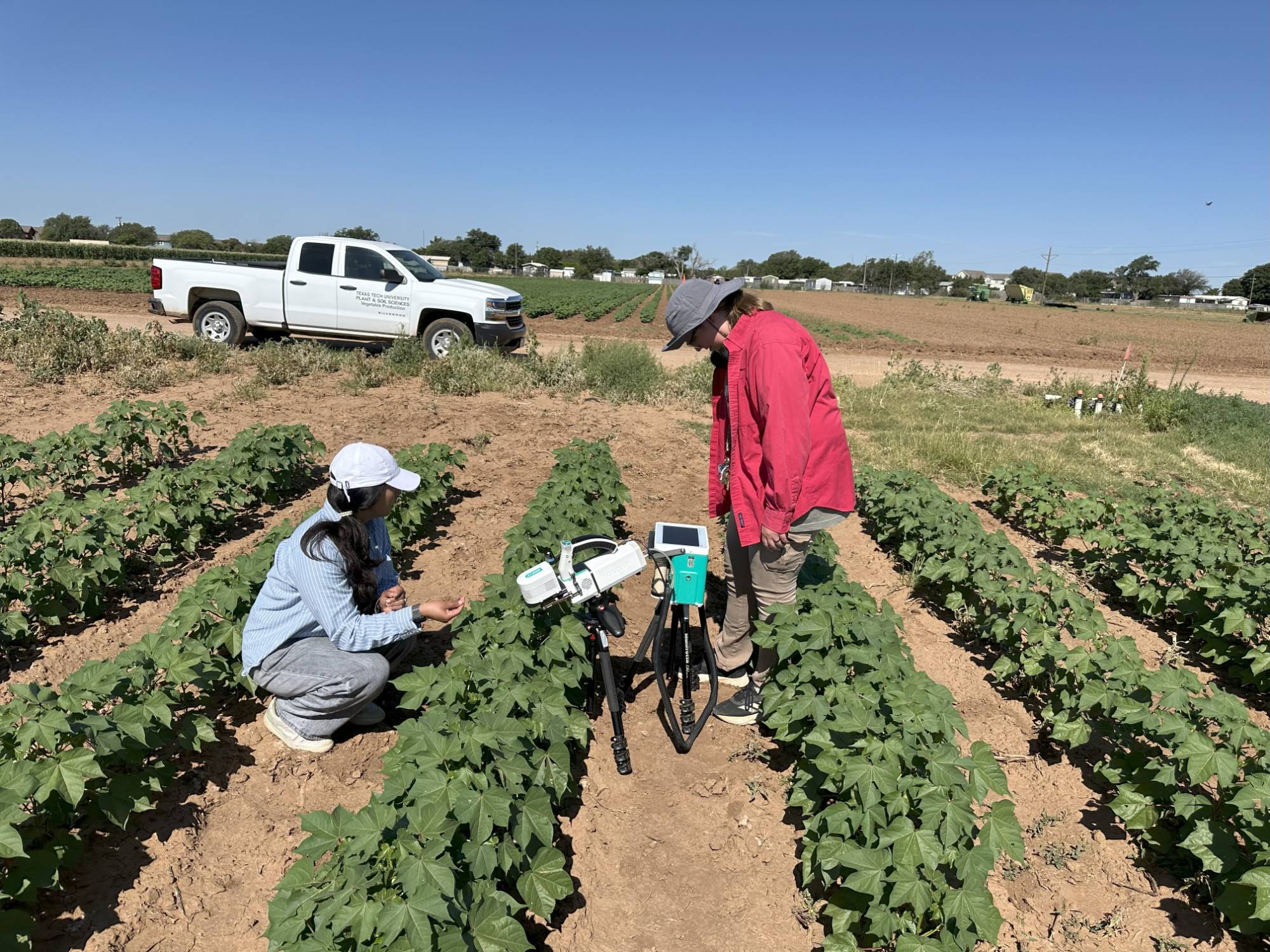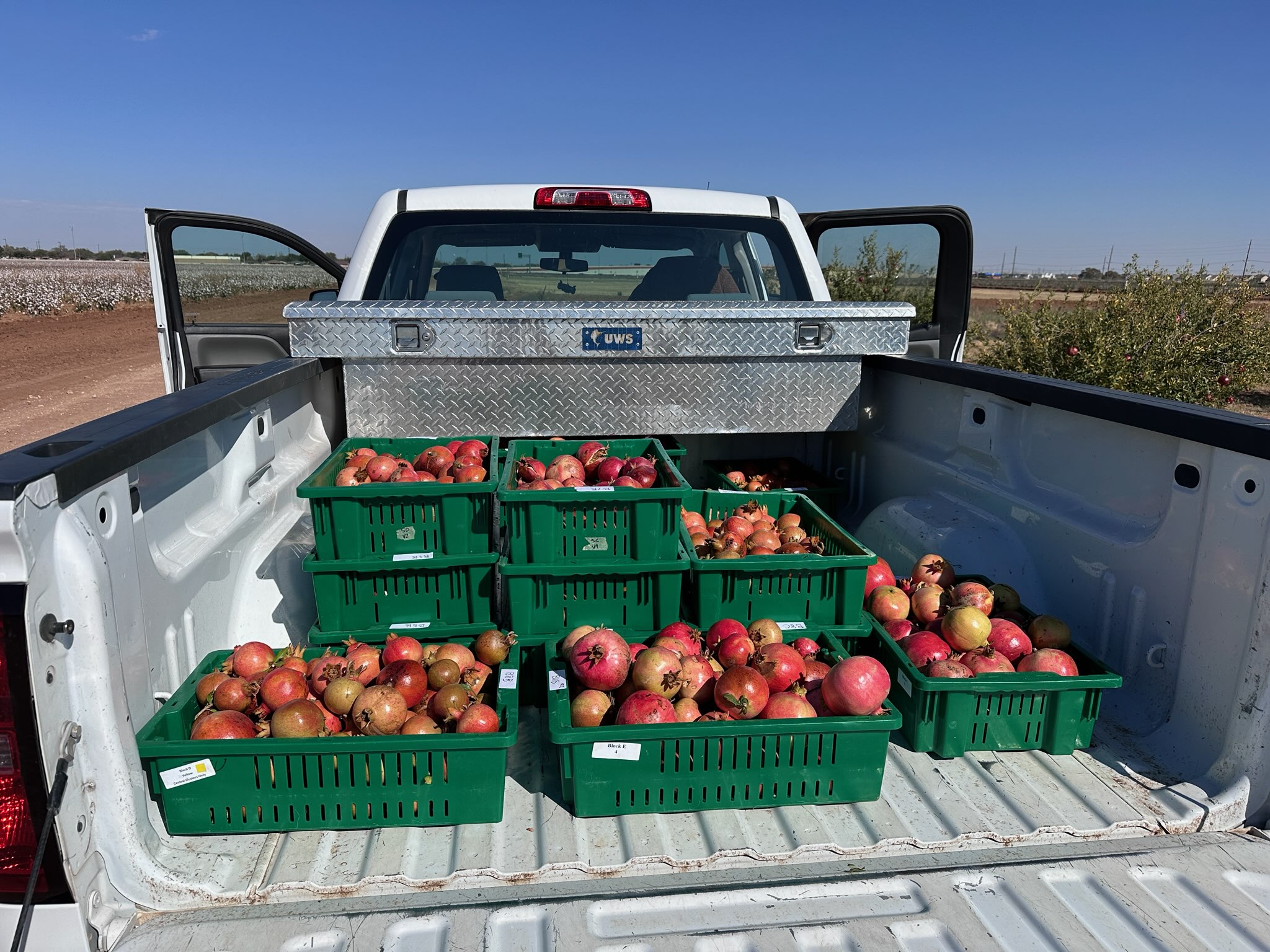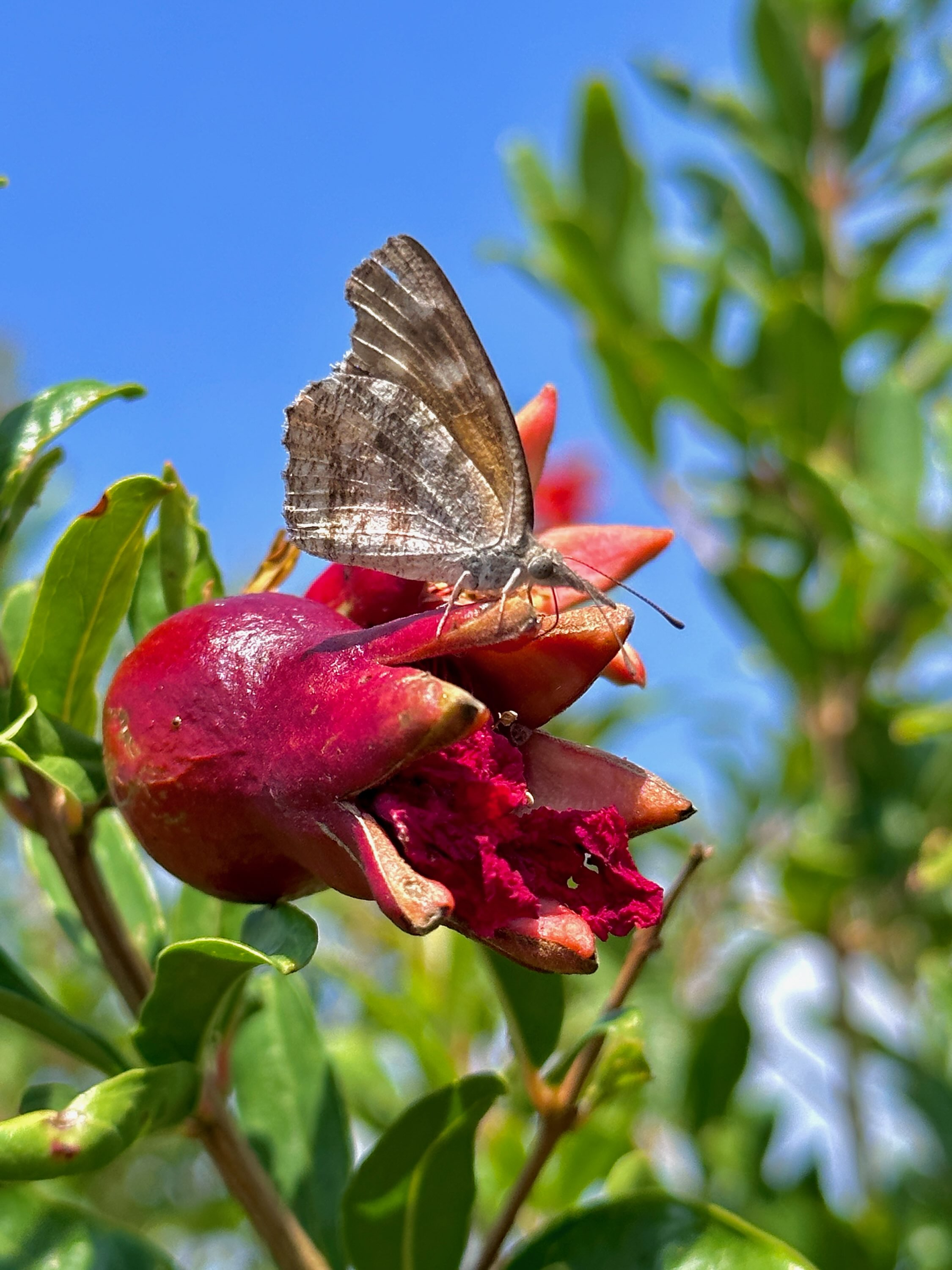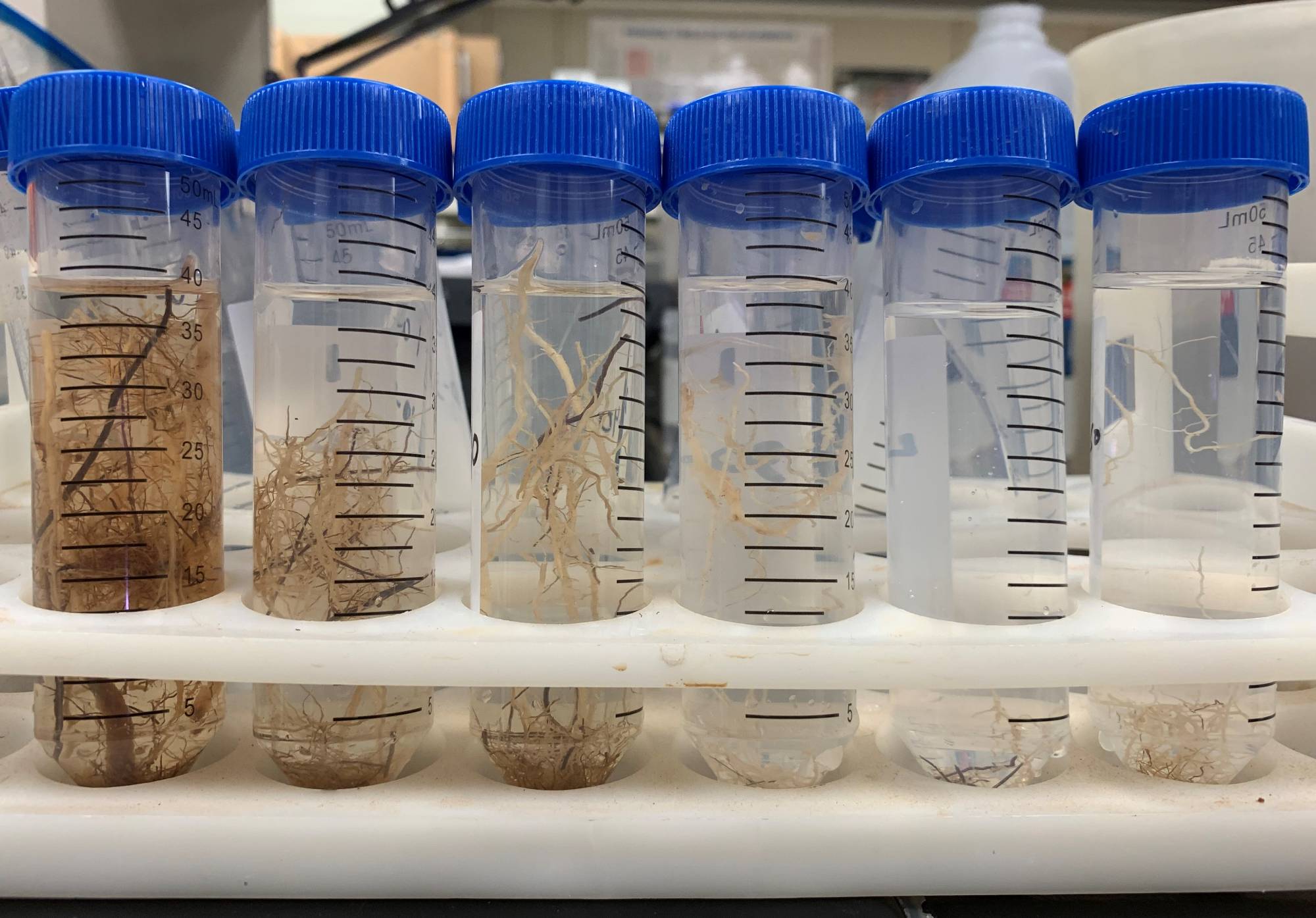Lab Overview
Vegetables are an important part of a healthy diet for humans since they are rich in vitamins, minerals, dietary fiber and antioxidants. Sustainable vegetable production encounters many challenges especially in water scarce arid- and semi-arid areas such as Southern High Plains. Therefore, the long-term goal of my research program is to determine the parameters (varieties, agronomic practices, etc.) leading to a profitable vegetable production (conventional and organic). To achieve this goal, my lab focuses on several aspects of organic and conventional vegetable production.
Our specific focus is on:
- Sensor-based irrigation management,
- Nutrient management,
- Biotic and abiotic stresses physiology,
- Disease and pest control,
- Cropping systems research, and
- Soil fertility management.
My lab members and I have developed research projects targeting several vegetable production systems such as open field, greenhouse and high tunnel. Our open field research assesses the effects of irrigation quantity and timing on physiology and productivity of vegetable crops for optimizing water use efficiency. We are also evaluating various soil amendments such as biochar in the field to enhance soil health and to understand biochar-soil-water interactions. Our greenhouse and high tunnel research projects are focused on optimizing nutrient use efficiency using organic and inorganic fertilizers.












